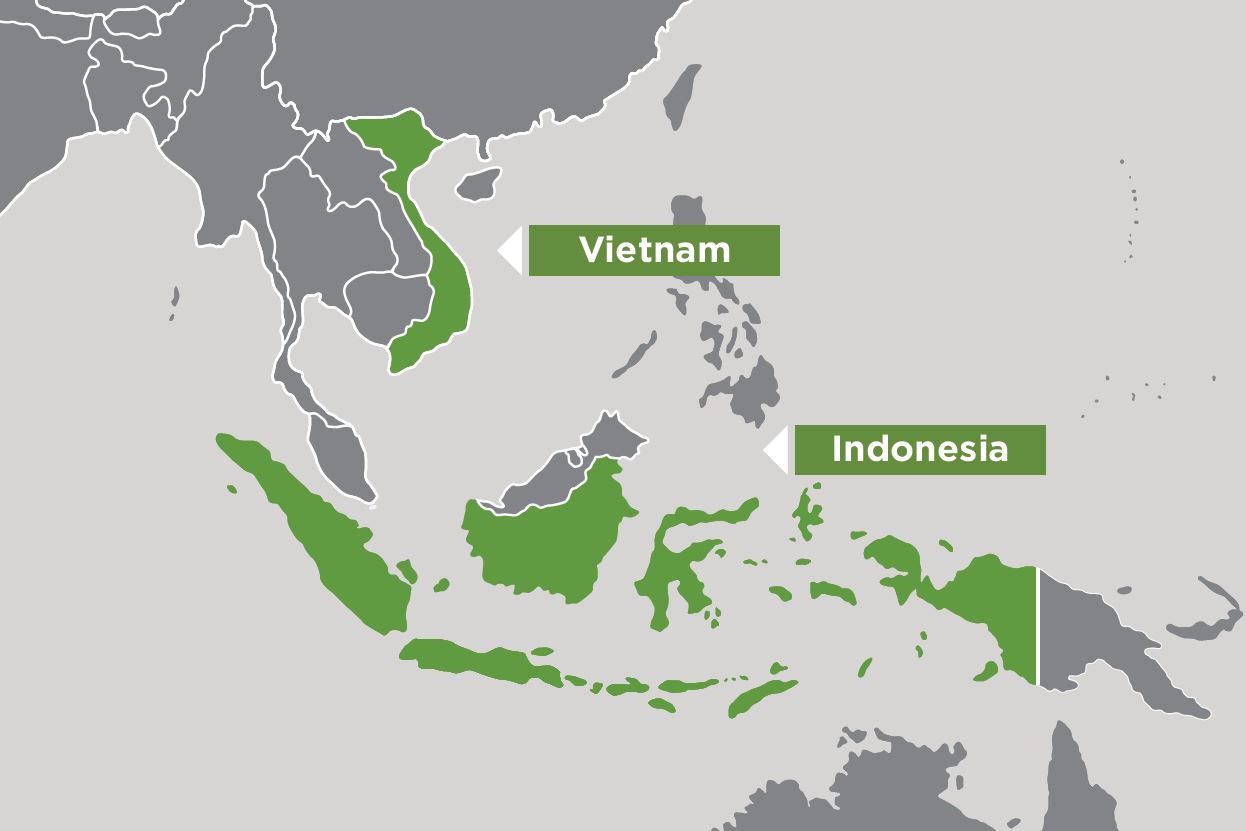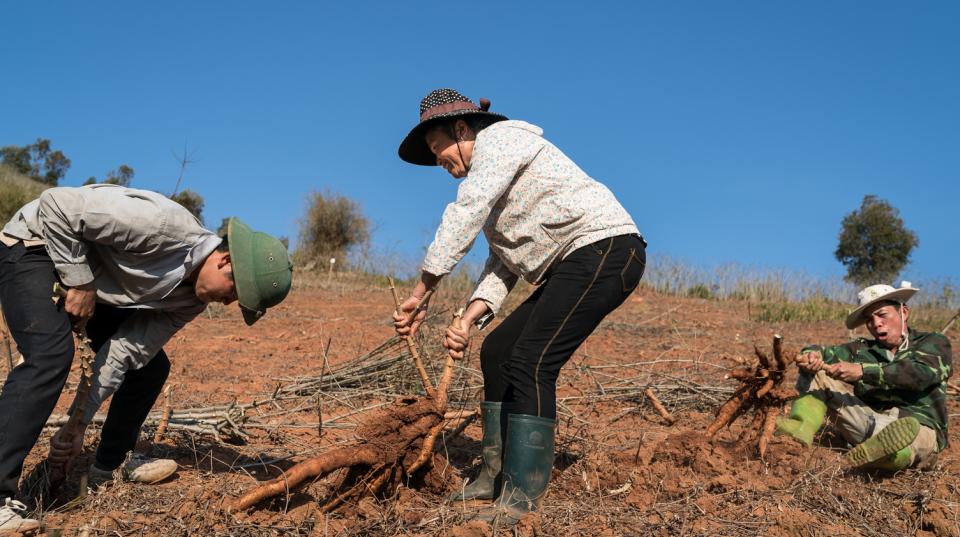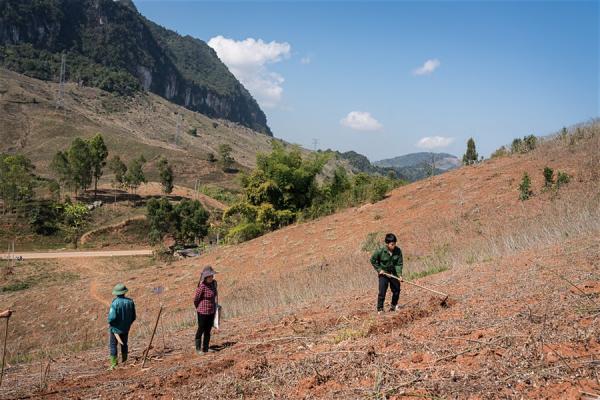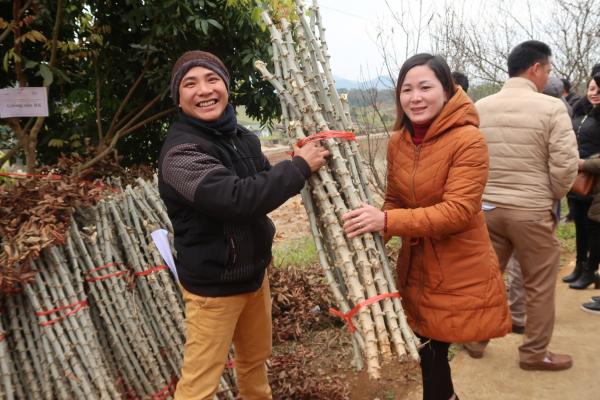Overview
This project aimed to increase the profitability and sustainability of smallholder cassava production in Vietnam and Indonesia through effective linkages within value chains to increase adoption of improved technologies.
Cassava is an increasingly important crop for rural livelihoods and regional economic development throughout South-East Asia.
It is produced largely to meet the rapidly growing regional demand for animal feed, starch products and biofuel. Cassava is still an important food security crop in specific subregions. Vietnam is the world’s second-largest exporter of cassava products and Indonesia remains the second-largest importer of cassava starch in the world. Global demand is strong but highly variable, while problems related to infrastructure, logistics and emerging soil, pest and labour costs significantly affect the industry.
This project aimed to assess opportunities and constraints for smallholder production and marketing; increase the adoption of improved production and processing technologies by strengthening linkages between value-chain actors; and develop policy recommendations and facilitate learning alliances for the development of a sustainable cassava industry, and improvements in rural livelihoods through better agribusiness arrangements.
Project outcomes
- Wider adoption of improved cassava technologies.
- Increased capacity of value chain actors to work together in identifying, evaluating and promoting improved technologies.
- An improved evidence base for policies and programmes in support of cassava smallholders and associated agribusiness firms.








